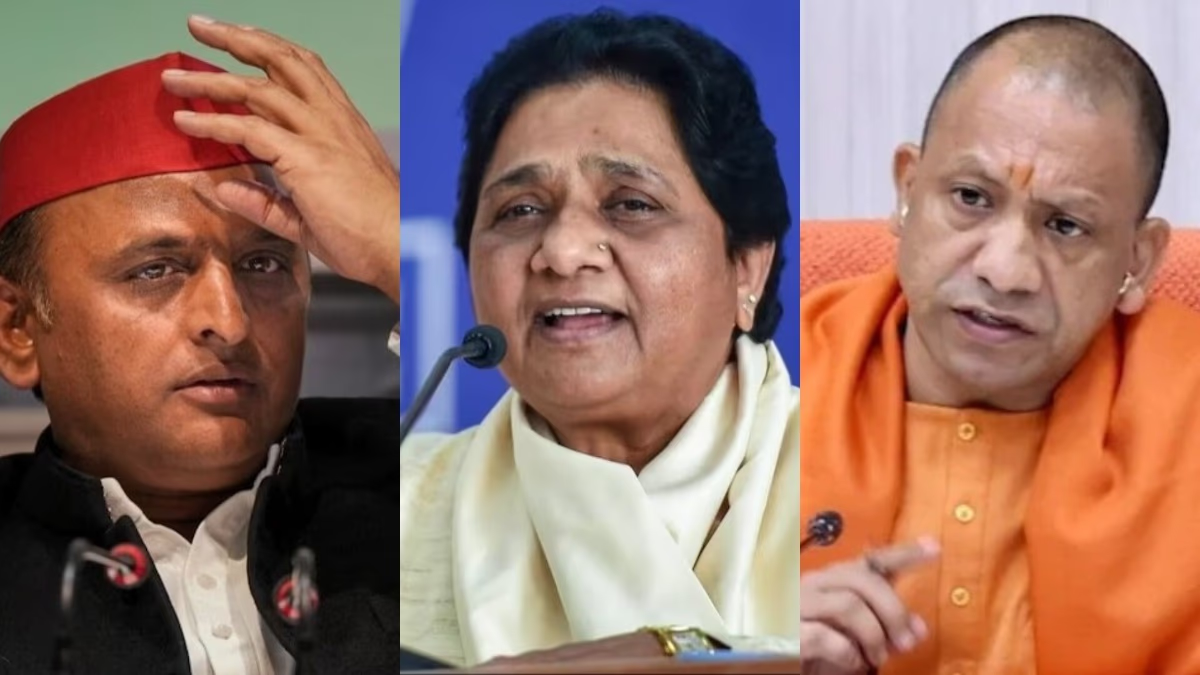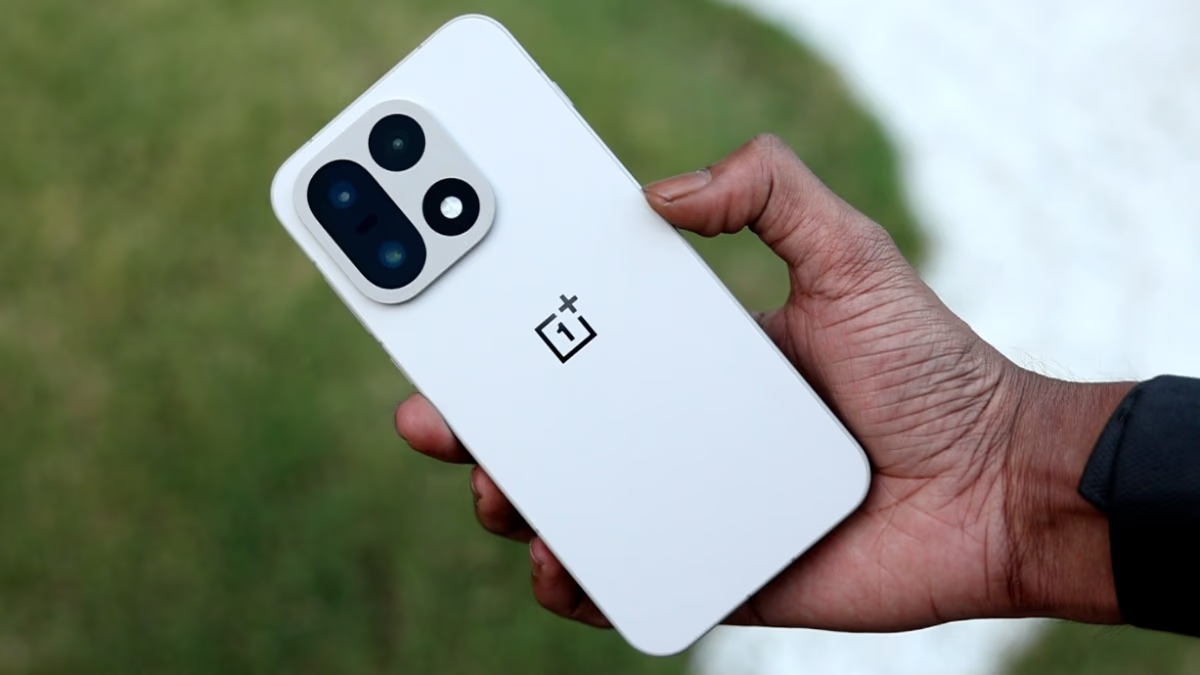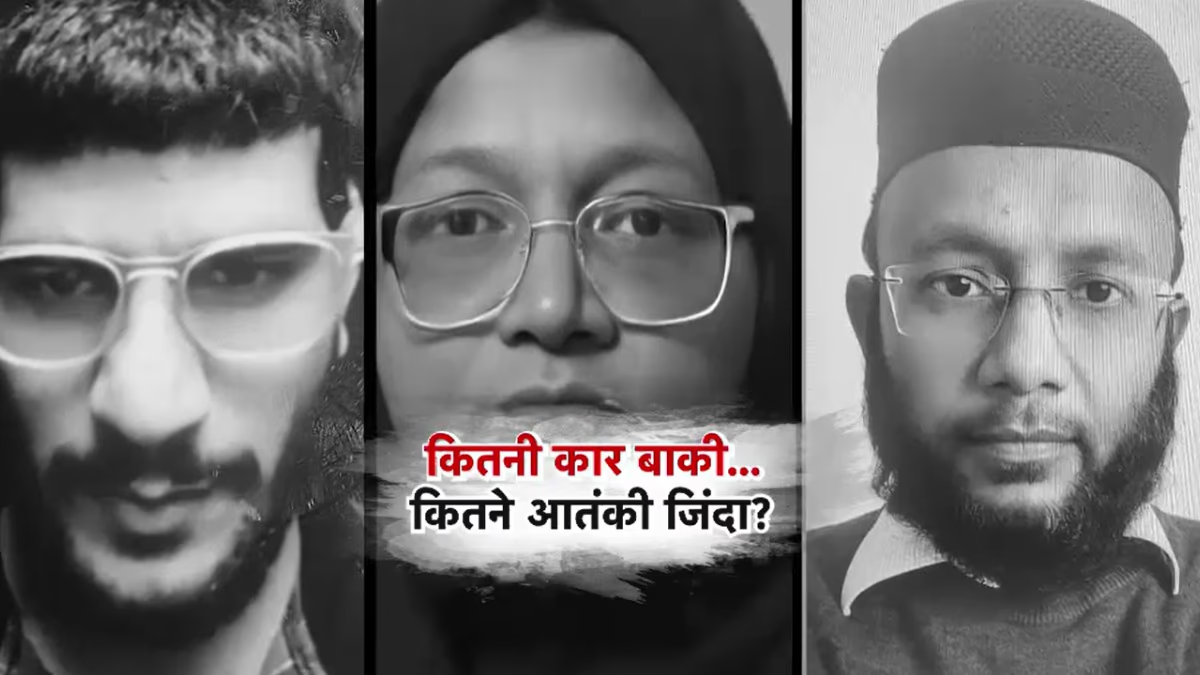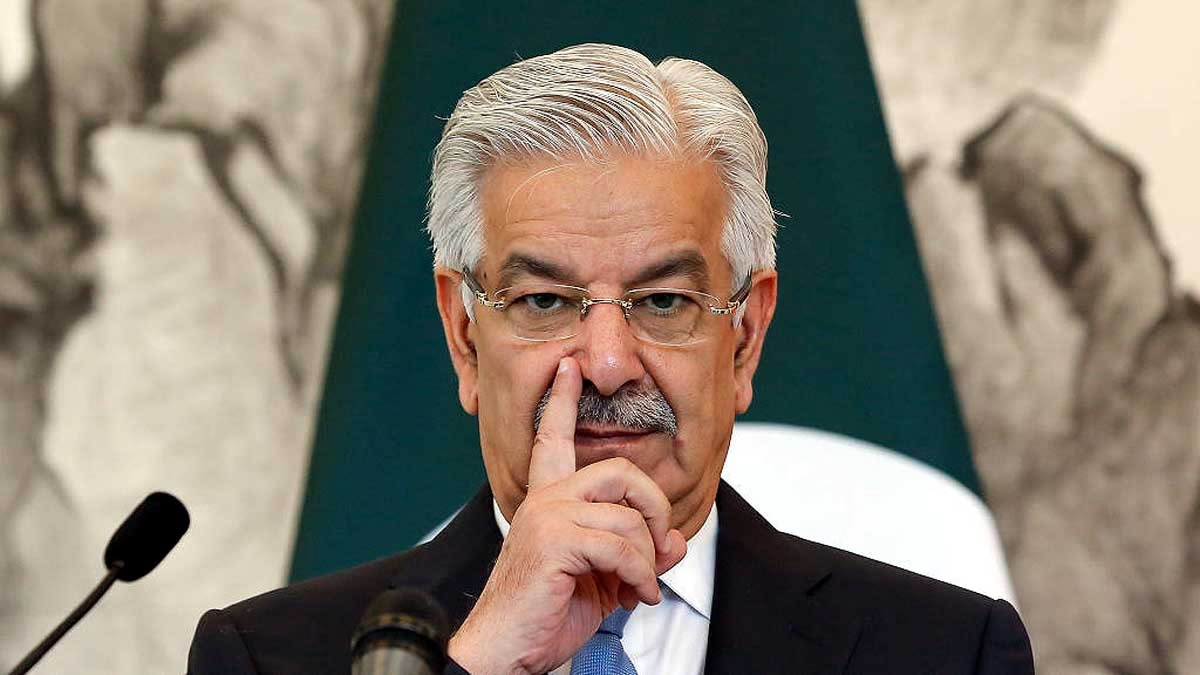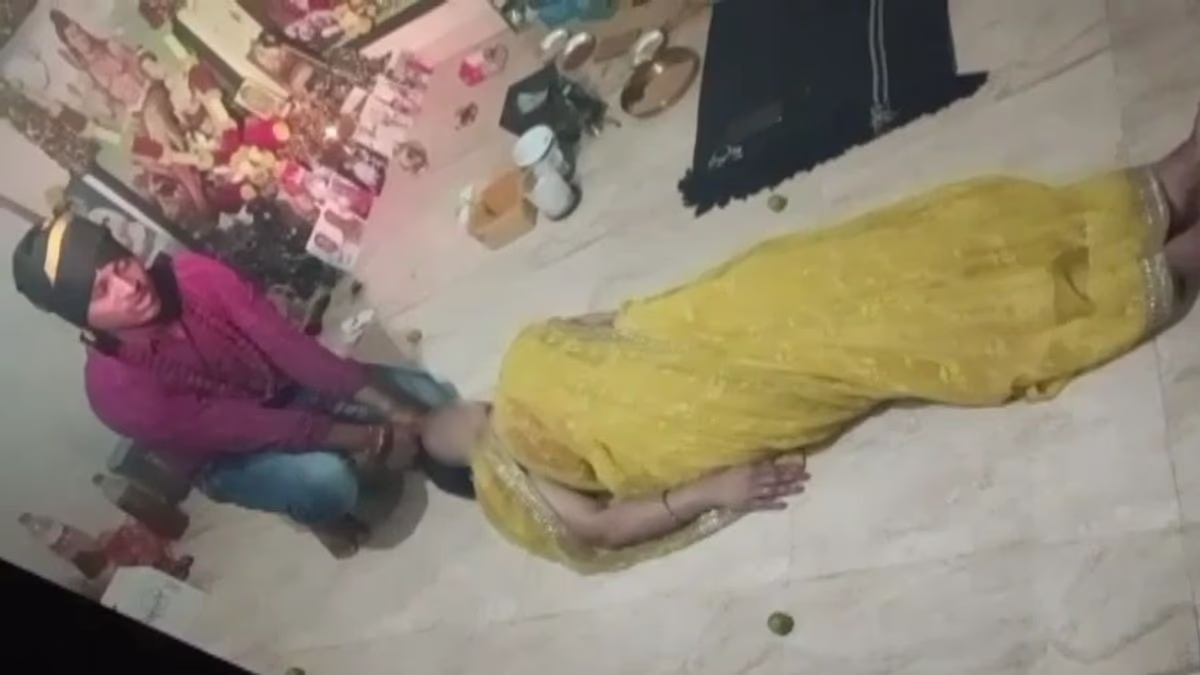The by-elections in nine assembly seats of Uttar Pradesh have turned into a prestige battle between the ruling Bharatiya Janata Party (BJP) and the opposition Samajwadi Party (SP). The BJP has deployed a squad of ministers and legislators in these constituencies, while the SP is pulling out all the stops as well. Complicating this two-party fight is the entry of Mayawati's Bahujan Samaj Party (BSP), creating a triangular contest. The question is, can BSP's often strategic candidate placement disrupt the plays at various seats?
Which Seat Will the BSP Impact the Most?
Mayawati's party is focusing on a diverse array of candidates across different castes and communities for the by-elections. Here's an analysis of each seat's caste equation and the potential impact of BSP.
Kundarki
Kundarki in Moradabad district is a Muslim-majority seat. Muslims form over 60% of its voters, numbering 239,375 out of 395,375 total voters. Among Muslims, 115,000 are general and 124,375 are from backward classes. Meanwhile, Hindus, mainly Dalits, are 156,000 in number. The BJP has fielded Ramveer Singh Thakur, whose community accounts for about 30-35,000 voters. The SP's Haji Rizwan is a contender, and BSP's candidate Rafatullah Chhida also comes from the locally dominant Muslim Turk community. Should BSP leverage the Dalit-Turk alliance, it could affect SP's prospects significantly.
Ghaziabad
In Ghaziabad, the BJP's Brahmin candidate Sanjeev Sharma faces BSP's Vaishya candidate P.N. Garg and SP's Dalit candidate Singh Raj Jatav. This urban constituency has about 25% Dalit-Muslim voters, with Dalits being 80,000 and Muslims 35,000 among the total 461,360 voters. The BSP could cut into BJP’s traditional Vaishya vote bank.
Khair (Reserved)
Khair, reserved for Scheduled Castes, sees a contest among BJP's Surendra Diler, SP's Dr. Charu Kain, and BSP's Dr. Pahal Singh. Jat voters, over 111,000 strong, are key, with Dalits, Vaishyas, and other communities adding up to a decided mix. The prominence of Jats and Savarnas could be decisive here.
Karhal
Akhlesh Yadav's former bastion, Karhal, sees his SP successor pitched against BJP's Anujesh Yadav and BSP's Dr. Avneesh Shakya. Caste dynamics involve 30% Yadavs, 15% Shakyas, 14% Dalits, and others. If BSP can amalgamate Shakya-Dalit backing, both SP and BJP might face significant hurdles.
Phulpur
Phulpur in Prayagraj district sees BJP's Deepak Patel, SP's Mustafa Siddiqui, and BSP's Jitendra Singh jostling for dominance. Here, Patel voters dominate after Dalits. The BSP's Brahmin card may pose a challenge to BJP's expected upper-caste core support.
Katehri
In Ambedkar Nagar, all major parties bet on OBC candidates: BJP's Dharamraj Nishad, SP's Shobhawati Verma, BSP’s Amit Verma. With high stakes in Kurmi votes, BSP's move spells greater risk for SP.
Majhawan
In Mirzapur's Majhawan seat, BJP's Suchismita Maurya and BSP's Deepak Tiwari face SP's Jyoti Bind. Equal numbers of Dalit, Brahmin, and Bind voters place BSP in a strategic position to pivot the results through its candidate choice.
Cantt
Kanpur's Cantt seat witnesses BJP and BSP's Brahmin candidates against SP's Muslim pick. If BSP can carve into the Brahmin vote bank, it spells trouble for the BJP. Dominant voter groups, such as Muslims, could play a kingmaker role here.
Meerut
Muslim-majority Meerut polls with BJP ally RLD's Mithilesh Pal in the fray, tested by SP's Sumbul Rana and BSP's Shahnaaj. BSP’s Muslim strategy, aligned with OBC support, could unsettle SP aspirations at this stake.
